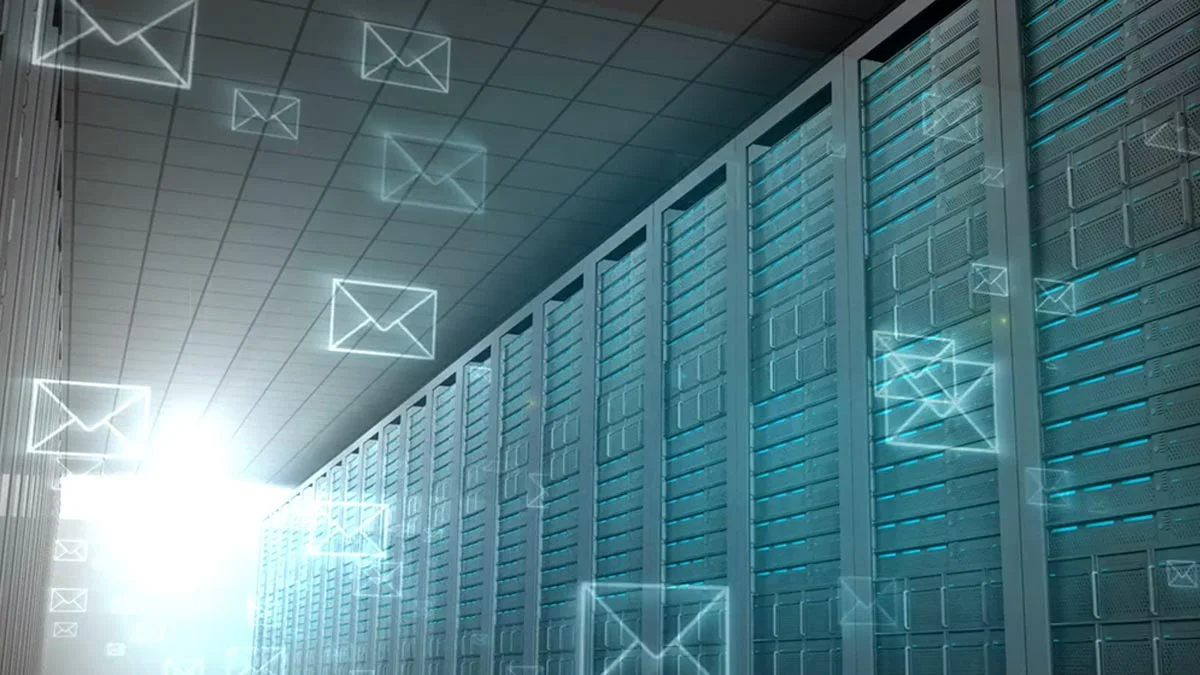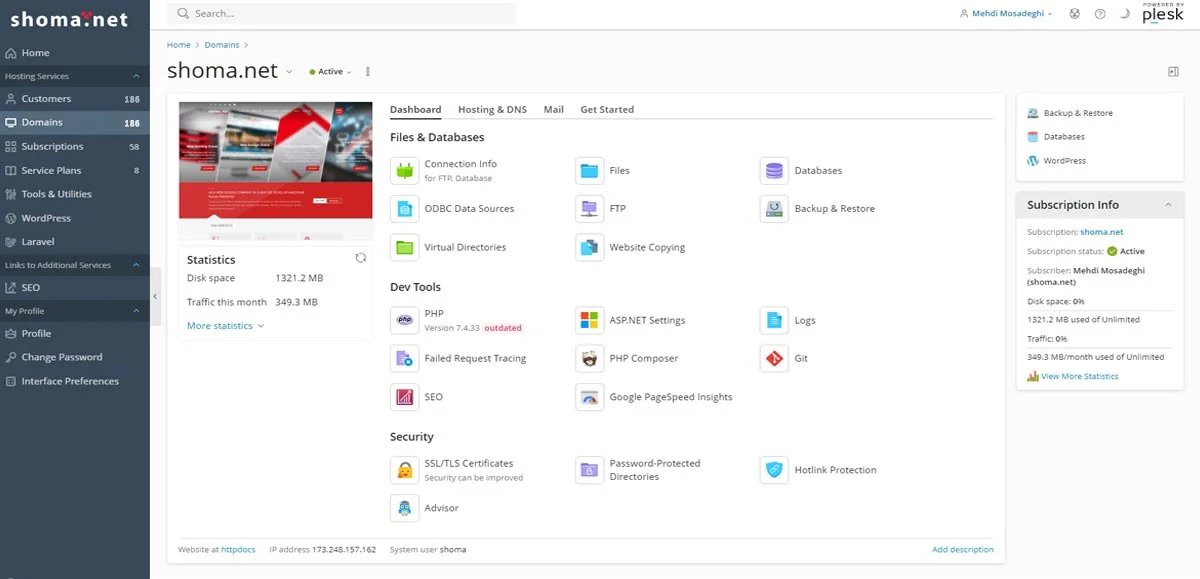![]()
Shoma.net IT Solution is an ultra-premium, responsive IT company in Dubai-UAE.
[email protected]
Al Saqar Business Tower - No 3500 - Sheikh Zayed Rd - Trade Centre - DIFC - Dubai
CALL US NOW FOR MORE DETAILS
Essential Security & Compliance Considerations for Web Hosting with UAE Businesses in Mind
When it comes to website hosting for businesses in the UAE, “security” and “compliance” are more than just buzzwords—they’re pivotal elements of trust and long-term success. Even if your servers aren’t physically located in the UAE (for instance, if they’re in a U.S. datacenter), it’s still possible to align with local regulations and best practices. In this article, we’ll explore key considerations for UAE-focused businesses, discuss when local data hosting is essential, and show how hosting abroad can still meet security and compliance requirements if done correctly.

.
1. Do You Really Need Local Hosting in the UAE?
NESA (National Electronic Security Authority)
Mandatory Hosting: Certain industries (e.g., government projects or highly regulated sectors) may require in-country data storage under specific UAE directives.
Permissible Hosting Abroad: Many small to medium businesses, eCommerce sites, and non-governmental organizations can legally store data on servers outside the UAE, provided they follow data protection guidelines and keep data secure.
Key Point: Determine whether your type of data is subject to strict residency laws. If not, hosting overseas can still be a valid and secure choice—especially with providers that prioritize compliance, security, and robust connectivity.
2. UAE-Specific Regulations & International Standards
NESA (National Electronic Security Authority)
Who It Affects: Primarily critical national infrastructure and governmental bodies.
Relevance to Your Business: Private businesses often adopt NESA guidelines to bolster their overall security posture.
Privacy & Data Protection Laws
Growing Importance: While the UAE does not have a single GDPR-equivalent law, there is an increasing emphasis on privacy protections.
Cross-Border Data Transfer: If you host abroad, make sure your provider has measures for secure data transfers and storage.
International Certifications
ISO 27001 & PCI DSS: Look for these certifications if you handle sensitive or financial data. They indicate stringent data protection and security controls—valuable whether your servers are in Dubai, Abu Dhabi, or the U.S.

.
3. Security Best Practices—No Matter the Server Location
1. Data Encryption (In-Transit and At-Rest)
In-Transit: SSL/TLS certificates protect user data as it travels between browsers and servers.
At-Rest: obust encryption protects stored data from unauthorized access—vital when servers are overseas.
Privacy & Data Protection Laws
Growing Importance: While the UAE does not have a single GDPR-equivalent law, there is an increasing emphasis on privacy protections.
Cross-Border Data Transfer: If you host abroad, make sure your provider has measures for secure data transfers and storage.
2. DDoS Protection
Network-Level Defense: A strong hosting provider will have built-in network protection to filter malicious traffic.
Monitoring & Alerts: Real-time monitoring can detect unusual spikes in traffic that might indicate an ongoing attack.
3. Web Application Firewall (WAF)
Shield Against Exploits: WAFs block common attacks like SQL injections and cross-site scripting.
Especially Important for CMS: Platforms like WordPress, Magento, or Joomla benefit greatly from an active WAF.
4. Regular Backups & Disaster Recovery
Frequent Backups: Whether daily or weekly, backups are critical in case of data corruption or cybersecurity incidents.
Offsite Storage: Some hosting providers store backups in separate geographic regions (often multiple data centers) for additional redundancy.

.
4. Compliance-Ready Hosting—Wherever You Are
Even if you’re not hosting in a UAE data center, you can still meet or exceed compliance standards:
- 1- Transparent Data Handling Look for a provider that clearly outlines how data is stored, processed, and protected. Ask about audit logs, retention policies, and access controls.
- 2- Cross-Border Data Agreements Some hosting companies have data transfer agreements (e.g., Standard Contractual Clauses) that detail how data from UAE-based customers is handled under international privacy laws.
- 3- Vetting Third-Party Vendors Ensure your host uses credible hardware and software vendors who meet global standards. A chain is only as strong as its weakest link.
5. Fast Performance for UAE Users—even with Overseas Servers
1. CDNs & Edge Servers
Reduce Latency: Content delivery networks store cached versions of your site closer to end-users, improving page load times in the UAE.
Global Reach: CDNs often have nodes worldwide, so your visitors experience fast loading whether they’re in Abu Dhabi, Dubai, or beyond.
2. Optimized Networking
Peering & Tier 1 Providers: High-quality hosting providers partner with Tier 1 network providers to minimize latency and packet loss across global routes.
Server Location Selection: Some providers let you choose a hosting region closer to the Middle East, even if not in the UAE, to balance cost and performance.
6. Shoma.net’s Approach: Security First, Global Reach
At Shoma.net, we’re proud to host our clients’ websites in a U.S.-based datacenter that offers industry-leading security, certifications, and performance. We understand that not every business needs a local UAE server, and we tailor our solutions accordingly:
ISO-Certified Infrastructure: Our U.S. datacenter meets stringent global standards for physical and network security.
Advanced Firewall & DDoS Protection: We include a robust security stack to mitigate threats before they reach your site.
Regulatory Alignment: While we aren’t physically in the UAE, we closely follow privacy and compliance guidelines relevant to UAE businesses. Cross-border data handling and best-practice encryption ensure peace of mind.
CDN Integration: Our partnership with top-tier CDNs reduces latency for visitors in the Middle East, ensuring a smooth browsing experience.
Scalable Solutions: From shared hosting for small startups to dedicated servers for enterprise-level demands, we offer flexible plans that can grow with your business.
.
Conclusion
Choosing where to host your website depends on more than just server location—security protocols, compliance with local and international regulations, and robust performance matter just as much. For UAE-focused businesses that don’t require mandated local storage, hosting from a top-tier U.S. datacenter can offer world-class security, flexibility, and reliability. Ensure your hosting partner is transparent about data handling, adheres to recognized standards (ISO 27001, PCI DSS), and invests in advanced security measures.
Ready to secure your UAE-oriented website with global-grade protection?
At Shoma.net, we combine U.S.-based datacenter reliability with a strong commitment to compliance and security best practices. Contact us today to discover a hosting plan tailored to your business needs—no matter where in the world your site is accessed.



